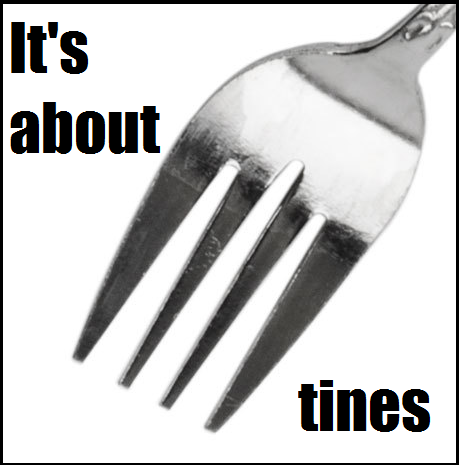Subject: My post above has a more complete answer
Author:
Posted on: 2015-06-26 22:01:00 UTC
But you are essentially correct. You have the ability to have those things, but the government is not required to provide it. And the general rule is that most retailers can chose to not serve certain individuals (assuming said retailer/provider is a private individual), however there are restrictions. After Brown and its progeny even private individuals are not allowed to segregate.
So using your Ferrari example a better statement would be, I have the right to own a Ferrari, provided I can afford it. I also have a right to drive it, provided I meet the requirements (driver's license, insurance, and the vehicle itself is street legal). But I do not have a default right to the Red 2011 Ferrari Enzo from Bob's Imports. Bob can choose to decline to sell to me, but as I indicated there are restrictions. This can change in certain circumstances. In my post above I mention Specific Performance.
I also realize I did not really explain it well, so here it is. If something is unique, or one party to a contract (the buyer here) has made it clear that they are only interested in that particular object (the 2011 Ferrari Enzo sold by Bob). If Bob and I agree that I will purchase that 2011 Ferrari Enzo, and if Bob does not deliver the Ferrari after I have paid the price, then that creates a right to that particular Ferrari. And I can go to a Court and in most States (not all) the Court would order Bob to sell that Ferrari.
Now taking it out of the abstract and putting it into the practical, practically you are also correct, a merchant will not refuse to sell a good if you can afford it and have tendered payment.
Now on to the other part of this, which I did not address above, but it warrants some discussion, on the practice of religion, the law is a bit more complicated. As I mention above, the Court's Jurisprudence with regard to religion is...murky at best.
A big issue involved here is from Employment Division v. Smith This was a case from 1990. Oregon had a law criminalizing the use of Peyote, two individuals were members of the Native American Religion (that's how it was identified), and as part of their practice they used Peyote for certain rituals. They were arrested and discharged from their jobs. They brought suit alleging a violation of their right to Free Exercise of Religion. The Court held here that because the law applied generally it was valid, and as such the law criminalizing Peyote use even as applied to Smith was Constitutional. This generally applicability is a key rule that we will see show up again in the coming months, and this is why individuals might still be obligated to provide certain services for same-sex marriages.
The next key development was that immediately after Smith Congress passed the Religious Freedom Restoration Act (RFRA). It stated that among other things, interests in religious freedom were to be protected. In 1997 the Supreme Court held in City of Boerne v. Flores that the law was Unconstitutional with regards to the States. It could not force states to add more protection for religious freedom. The issue here is there have been several laws recently that are very similar to the RFRA. The one that comes to mind is Arkansas, where the law basically states that a business can choose not to sell to same-sex couple on the basis of religious belief or obligation. In other words, its is basically RFRA with a slightly different goal. The problem is the Court has already found RFRA Unconstitutional, but that was from the Federal side. As of now it is unsettled, but I am certain that these provisions will be invalided on a similar basis that segregation was disallowed.
I hope that answers your question.




